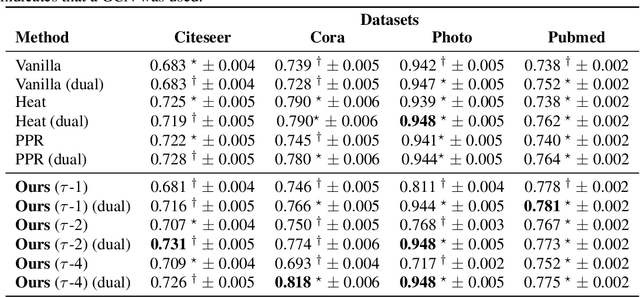Renormalized Graph Neural Networks
Paper and Code
Jun 01, 2023

Graph Neural Networks (GNNs) have become essential for studying complex data, particularly when represented as graphs. Their value is underpinned by their ability to reflect the intricacies of numerous areas, ranging from social to biological networks. GNNs can grapple with non-linear behaviors, emerging patterns, and complex connections; these are also typical characteristics of complex systems. The renormalization group (RG) theory has emerged as the language for studying complex systems. It is recognized as the preferred lens through which to study complex systems, offering a framework that can untangle their intricate dynamics. Despite the clear benefits of integrating RG theory with GNNs, no existing methods have ventured into this promising territory. This paper proposes a new approach that applies RG theory to devise a novel graph rewiring to improve GNNs' performance on graph-related tasks. We support our proposal with extensive experiments on standard benchmarks and baselines. The results demonstrate the effectiveness of our method and its potential to remedy the current limitations of GNNs. Finally, this paper marks the beginning of a new research direction. This path combines the theoretical foundations of RG, the magnifying glass of complex systems, with the structural capabilities of GNNs. By doing so, we aim to enhance the potential of GNNs in modeling and unraveling the complexities inherent in diverse systems.
 Add to Chrome
Add to Chrome Add to Firefox
Add to Firefox Add to Edge
Add to Edge